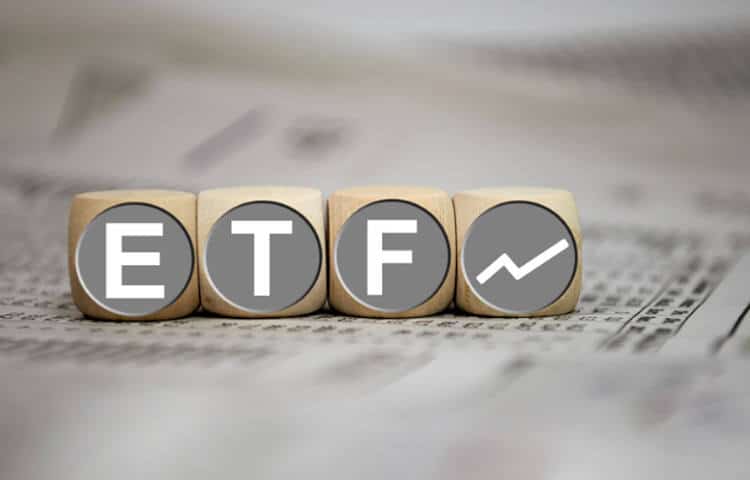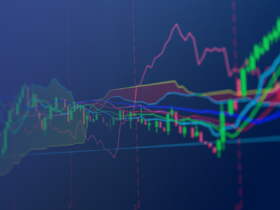Exchange-traded funds are gaining popularity in India for several reasons, such as high liquidity, and affordability. ETFs can help diversify portfolios and trade on stock exchanges like shares. Moreover, investors can sell and buy ETF units at any time of the day. Know more features of ETFs in this article and invest in one today!
What is an ETF investment?
The term ETF is an initialism for ‘exchange-traded fund.’ ETFs form a sub-category of mutual funds that are different from other fund categories in two ways – they are traded on stock exchanges like shares; they are invested in through a demat account Exchange-traded funds are passively managed. The expense ratio of an exchange-traded fund is generally lower when compared to traditional mutual funds.
How to invest in ETFs?
Some of the types of ETFs are Equity, Debt and Commodity ETFs. Equity exchange-traded funds mirror a group of stocks on the stock exchange, and Gold ETFs invest in gold bullion. International ETFs allow investors to access global markets, whereas Debt ETFs invest in fixed-income securities. The procedure to invest in these ETFs, however, remains the same:
- Open a demat account. A key difference between mutual fund investments and ETF investments is that the latter requires a demat account. Since ETFs trade on stock indices, you must have a demat account to buy and sell them. Your first step, therefore, must be to open a demat account if you do not have one.
- Choose your ETF. Next, you must choose an exchange-traded fund. While researching ETFs, you must select the type of ETF you wish and analyse the tax implications based on the category. Additionally, analyse the risks and rewards of investing in the ETF by gauging your risk-taking ability.
- Invest money. After analysing your ETF investment well, you can purchase a preferred ETF.
Tips for beginners who wish to invest in ETFs
Here are tips that beginners who wish to invest in exchange-traded funds can follow to choose the best ETF investments:
- Check the ETF’s trading volume – Some exchange-traded funds offer lesser liquidity since they have a low trading volume. Before investing, you must check whether the ETF’s trading volume is healthy.
- Check the expense ratio – Exchange-traded funds, like mutual funds, have an expense ratio. You must choose an ETF with a lower expense ratio to save money on fees.
- Be aware of the tracking error discrepancy- ETFs, since they mirror indices belonging to specific domains, sometimes show disparity between index returns and ETFs returns. It is called a ‘tracking error.’ Consider tracking errors before investing in an ETF.
- Brand name – Opt for a trusted brand name like ICICI Prudential AMC that offers a variety of ETFs
What is the minimum investment required to invest in ETFs?
An advantage of investing in an exchange-traded fund is that there is no minimum investment amount, unlike other mutual funds, in which you must invest a threshold amount. The price of one ETF unit is the minimum amount required while investing. This can be as little as Rs. 100 or even less depending on the ETF selected.
Before investing in an exchange-traded fund, you must know your financial goal and analyse the ETF’s performance in the past few years to choose a suitable fund. They are one of the best options to offset volatility risk through portfolio diversification and a must-have for all new investors.










